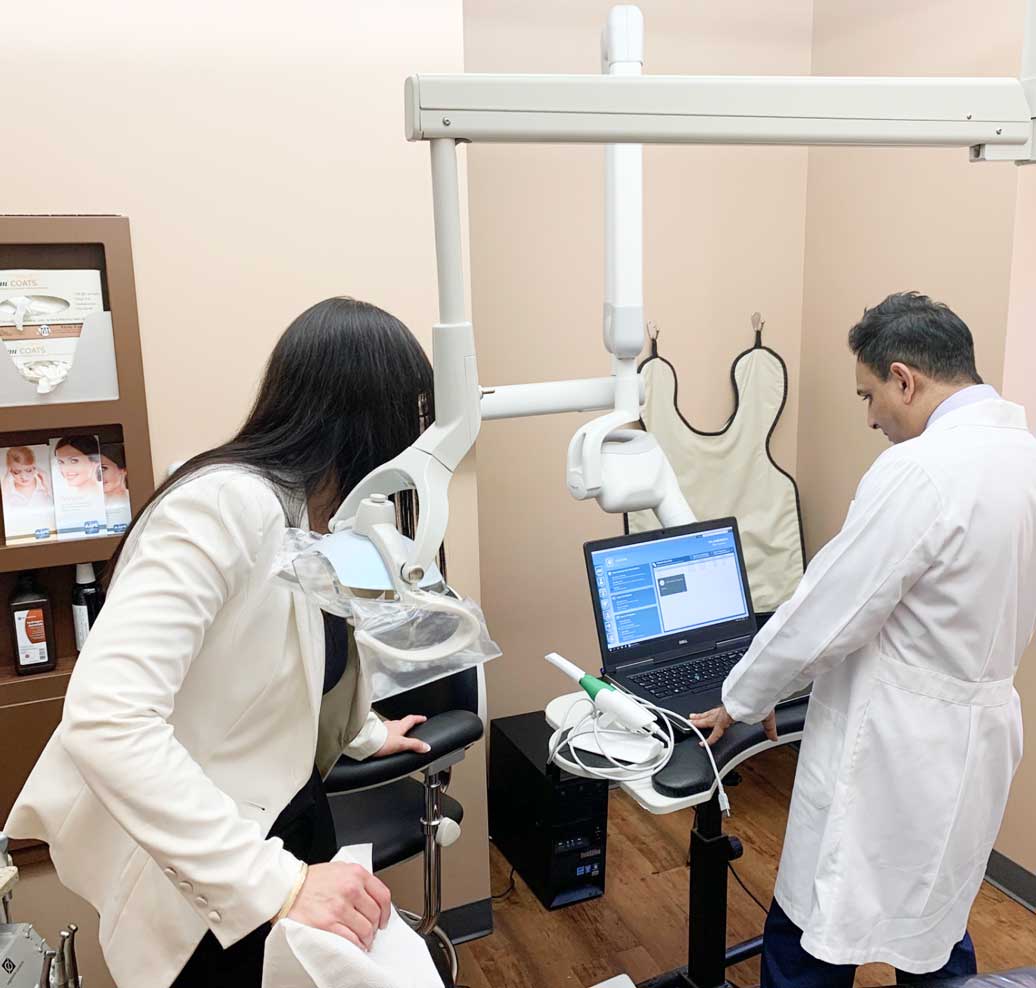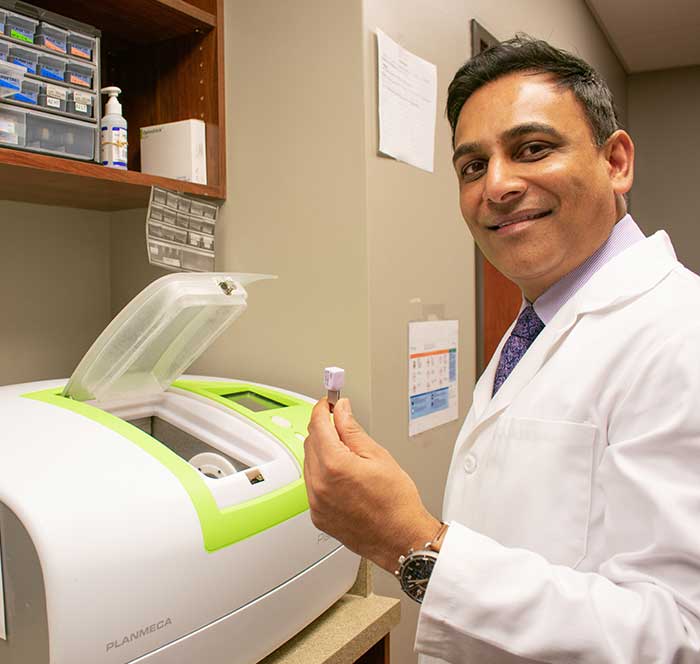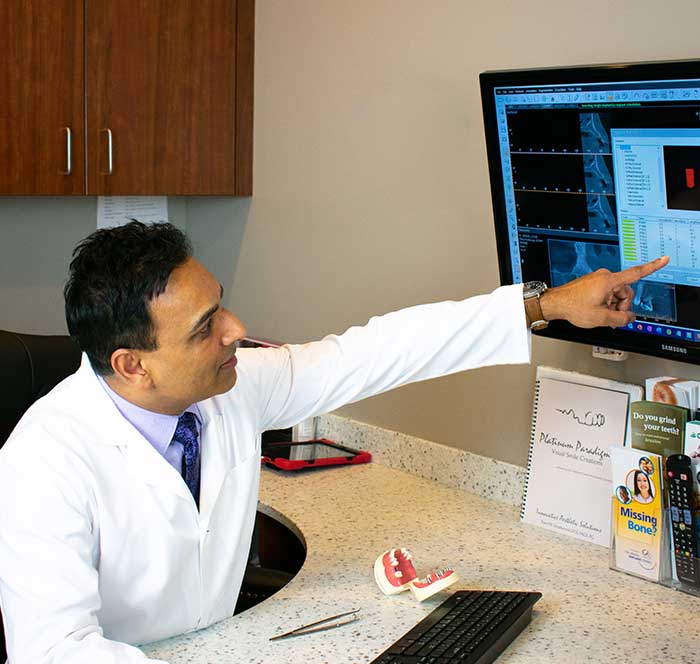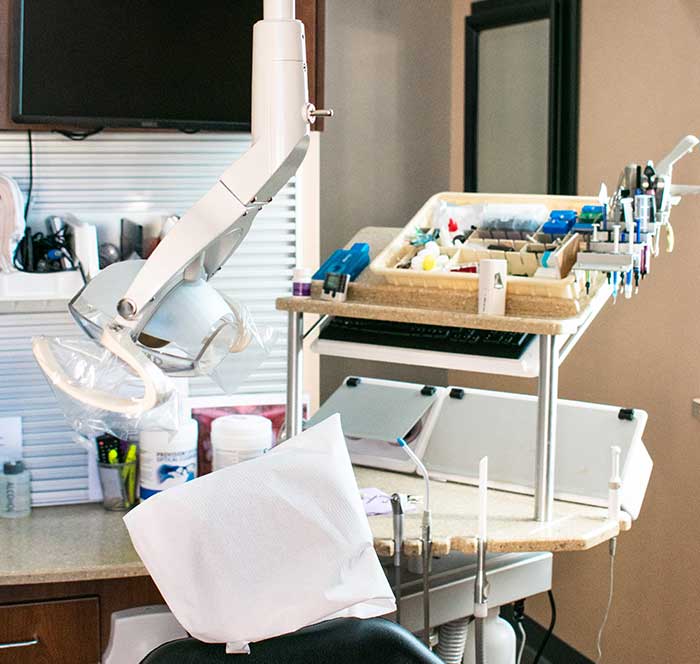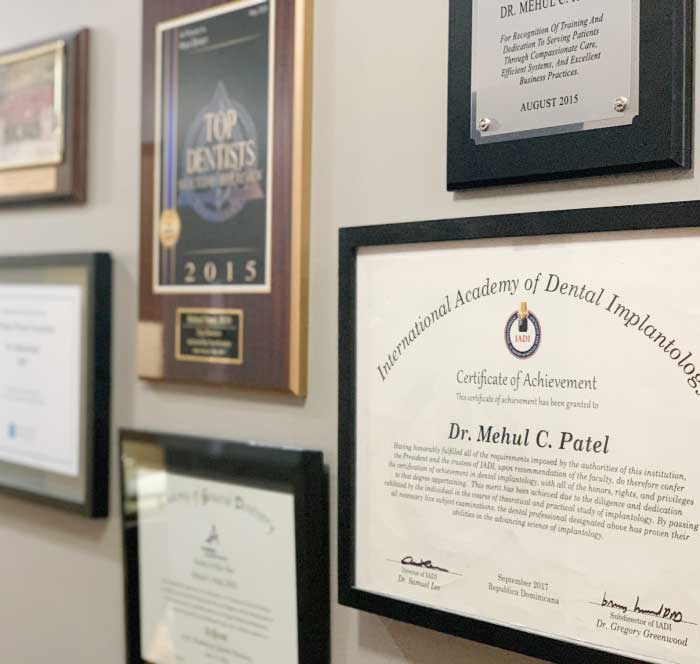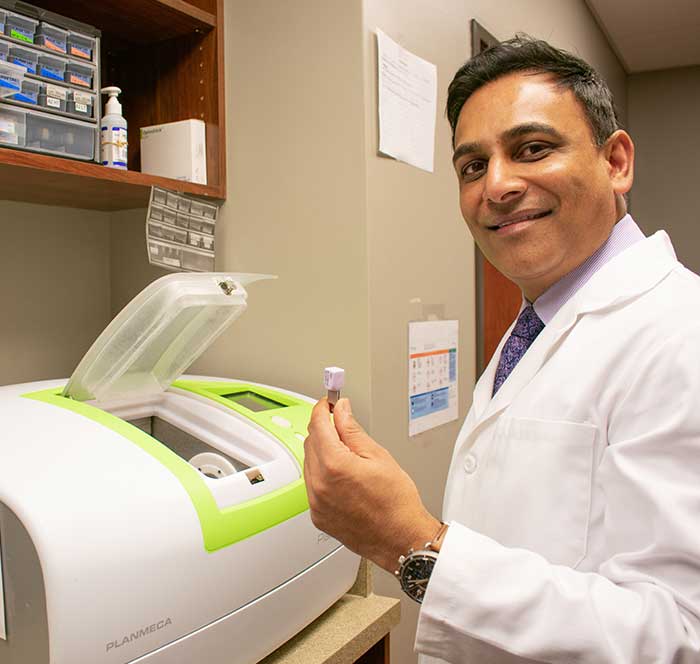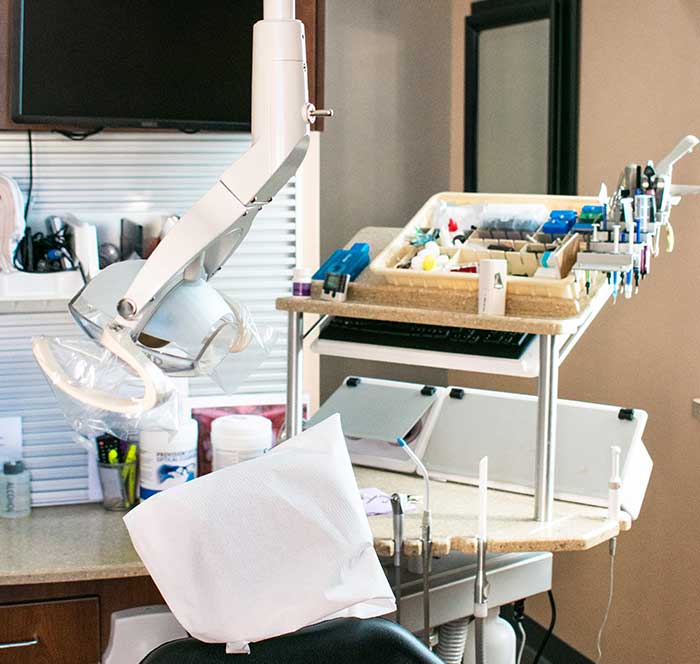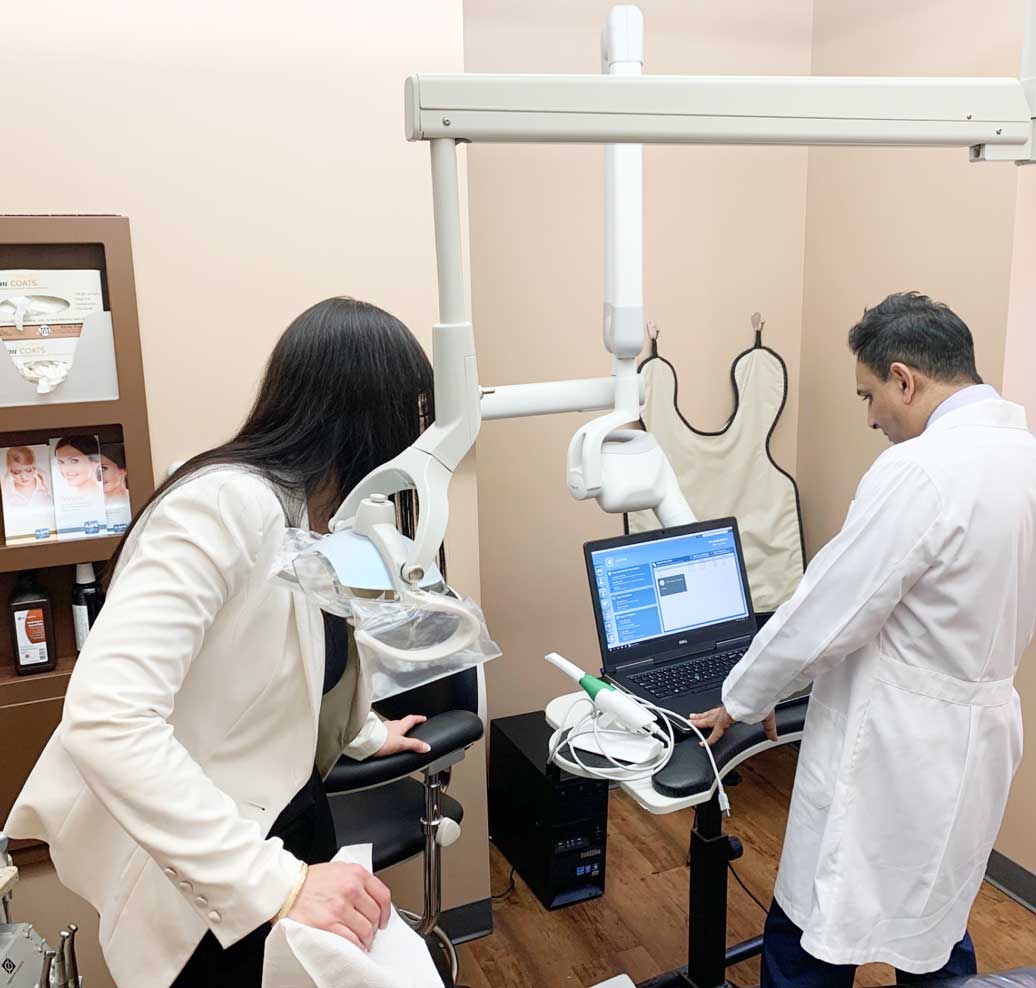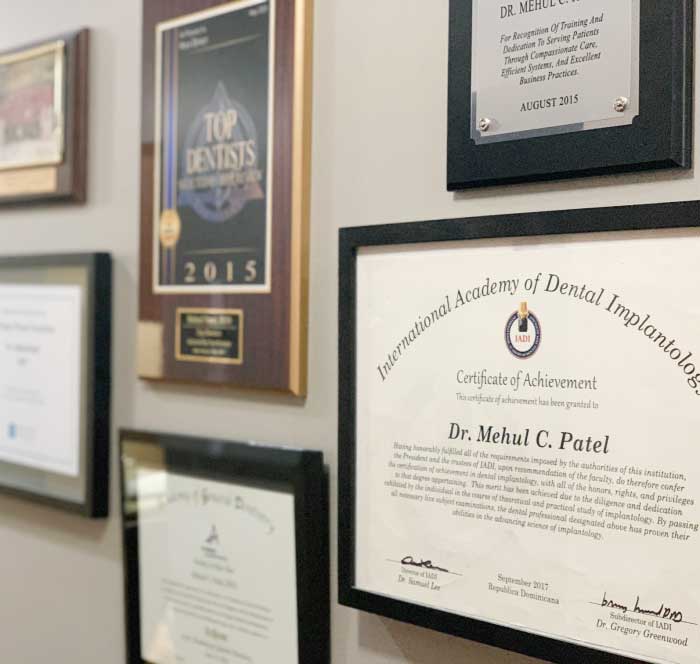If you are considering dental implants in Trenton, then you are in good company. This tooth replacement option has become increasingly popular in recent years, and for good reason.
This guide will cover everything you need to know about dental implants, including what they are, the benefits they offer, and how to care for them.
Dental Implants – What Are They?
Dental implants are artificial tooth roots that are placed into your jawbone. Once the implants are in place, your dentist can attach a replacement tooth (or teeth) to them. The great thing about implants is that they look and feel just like your natural teeth.
Why Might I Need a Dental Implant?
Dental implants are used for both cosmetic and functional purposes. For instance, if you have a missing tooth, it can cause problems with chewing or speaking. A dental implant can help to correct these problems. Dental implants can help fill in any gaps in your smile, helping to improve the way you feel about your appearance.
The Benefits of Dental Implants
Dental implants can improve your smile drastically with a brand-new set of teeth that look and feel like your natural teeth. Dental implants can help improve your speech, eliminating the gaps in your teeth that can cause speech problems, while also improving your self-esteem, boosting your confidence.
Dental implants can increase your oral comfort and make eating easier. Traditional dentures can be uncomfortable and sometimes even painful to wear, but dental implants are designed to feel just like your natural teeth. And because they’re securely attached to your jawbone, they won’t slip or move around as dentures can.
The Dental Implant Procedure
Dental surgery is performed in multiple stages, with time to heal after every stage. These processes range from removing the bad teeth to the aftercare of those implants after surgery.Before getting dental implants, your dentist will need to review your medical records to ensure that you are healthy enough for the procedure and to determine any risks involved. Your medical records will include your dental history, health history, and any medications you are currently taking. Be sure to tell your dentist about any medical conditions and any allergies you may have. You’ll also need to provide your consent for the procedure in writing.
Choosing Your New Teeth
Before you choose implants, you need to decide if you want fixed or removable teeth. To help you make this decision, we’ve prepared a quick rundown of the pros and cons of each type of dental implant.
-
Fixed implants
are just that, they’re fixed in place and can’t be removed. They’re a great option if you’re looking for a long-term solution. However, they’re also more expensive and require more surgery.
-
Removable implants
are, as the name suggests, removable. Which means they’re less expensive and require less surgery. However, they’re not as stable as fixed implants, and they can be more challenging to care for.
Aftercare and Maintenance for Your Dental Implants
It’s essential to keep your dental implants clean and plaque-free just like you would your natural teeth. Be sure to brush and floss twice daily, and use an interdental brush to reach all areas around your dental implants.



















